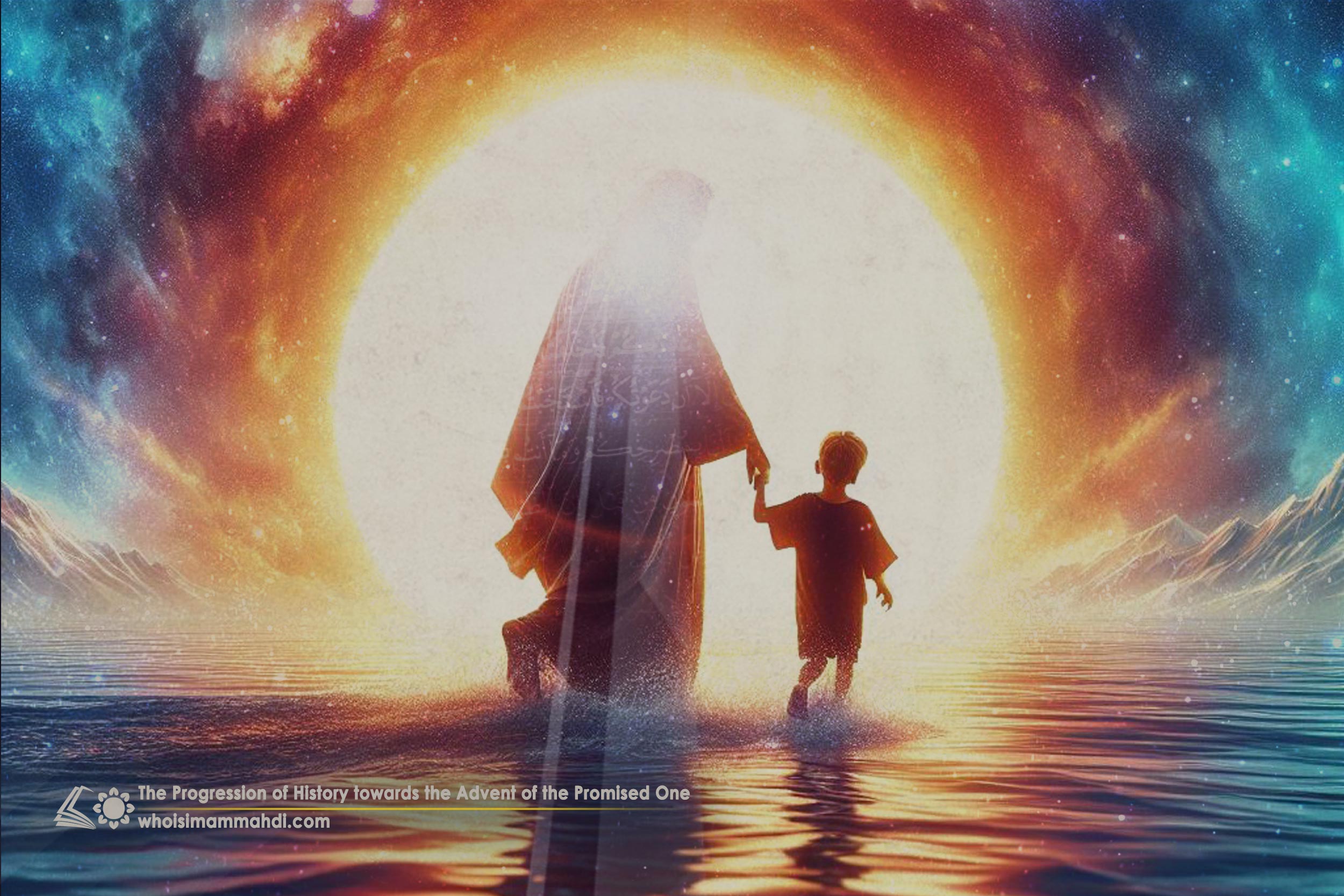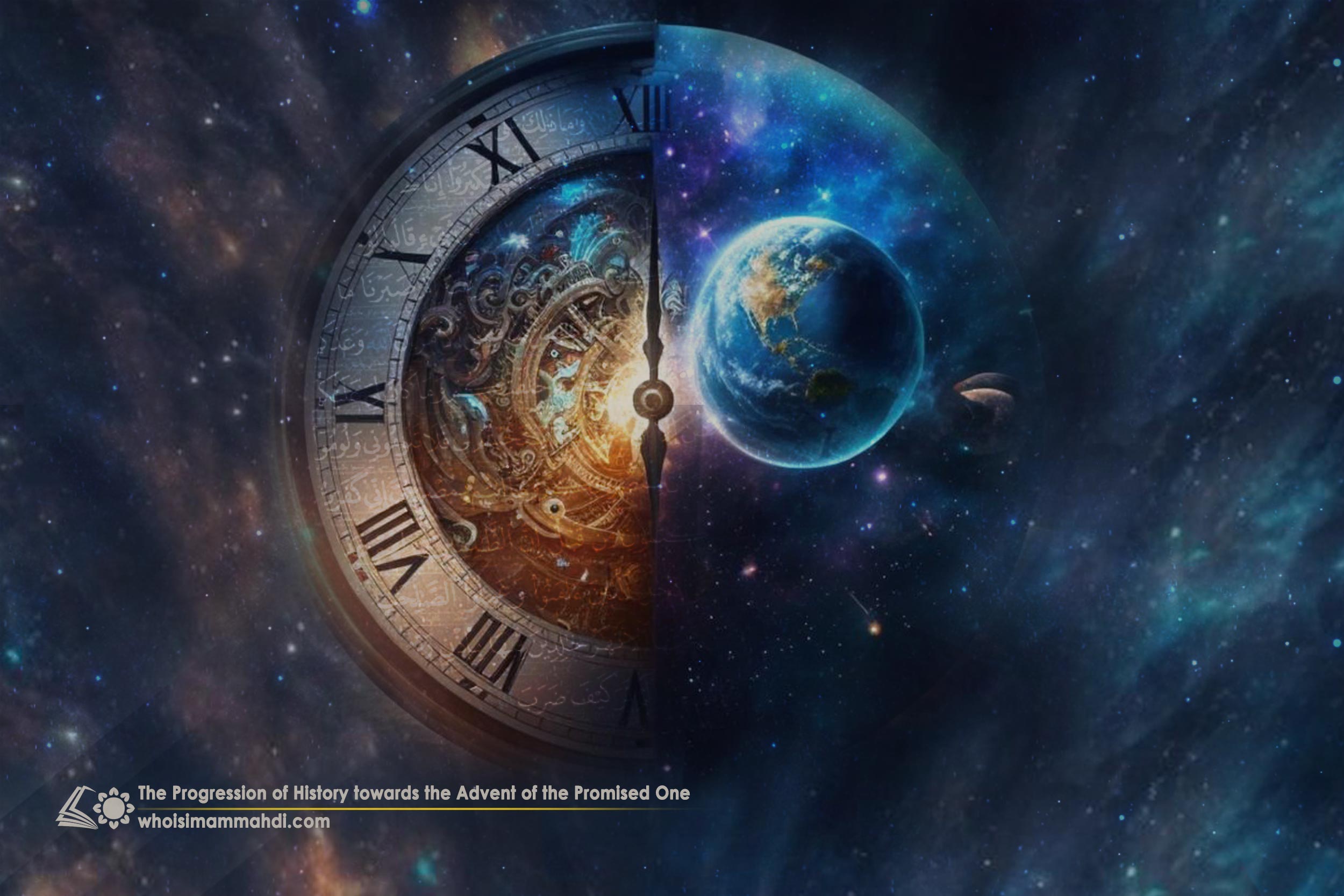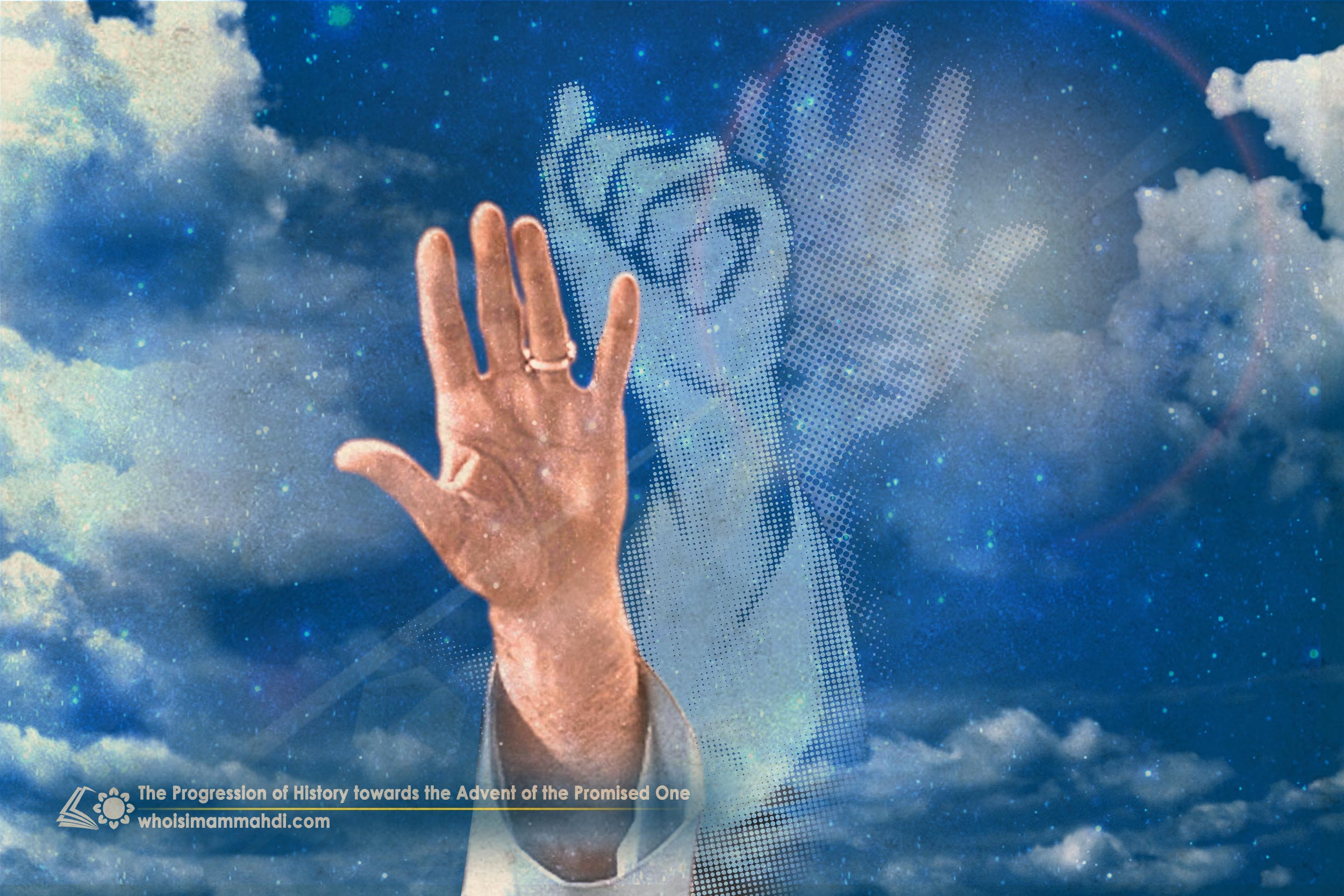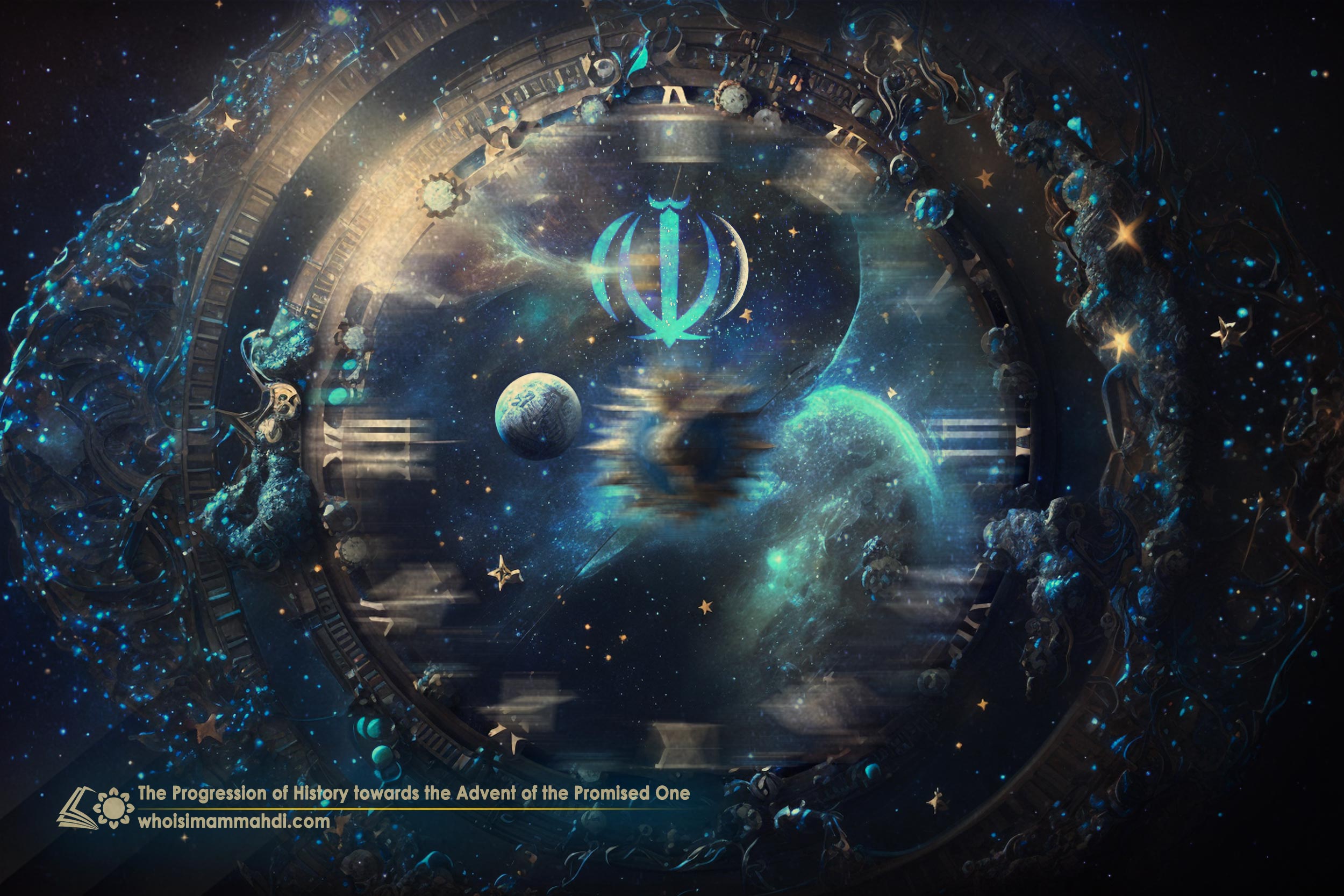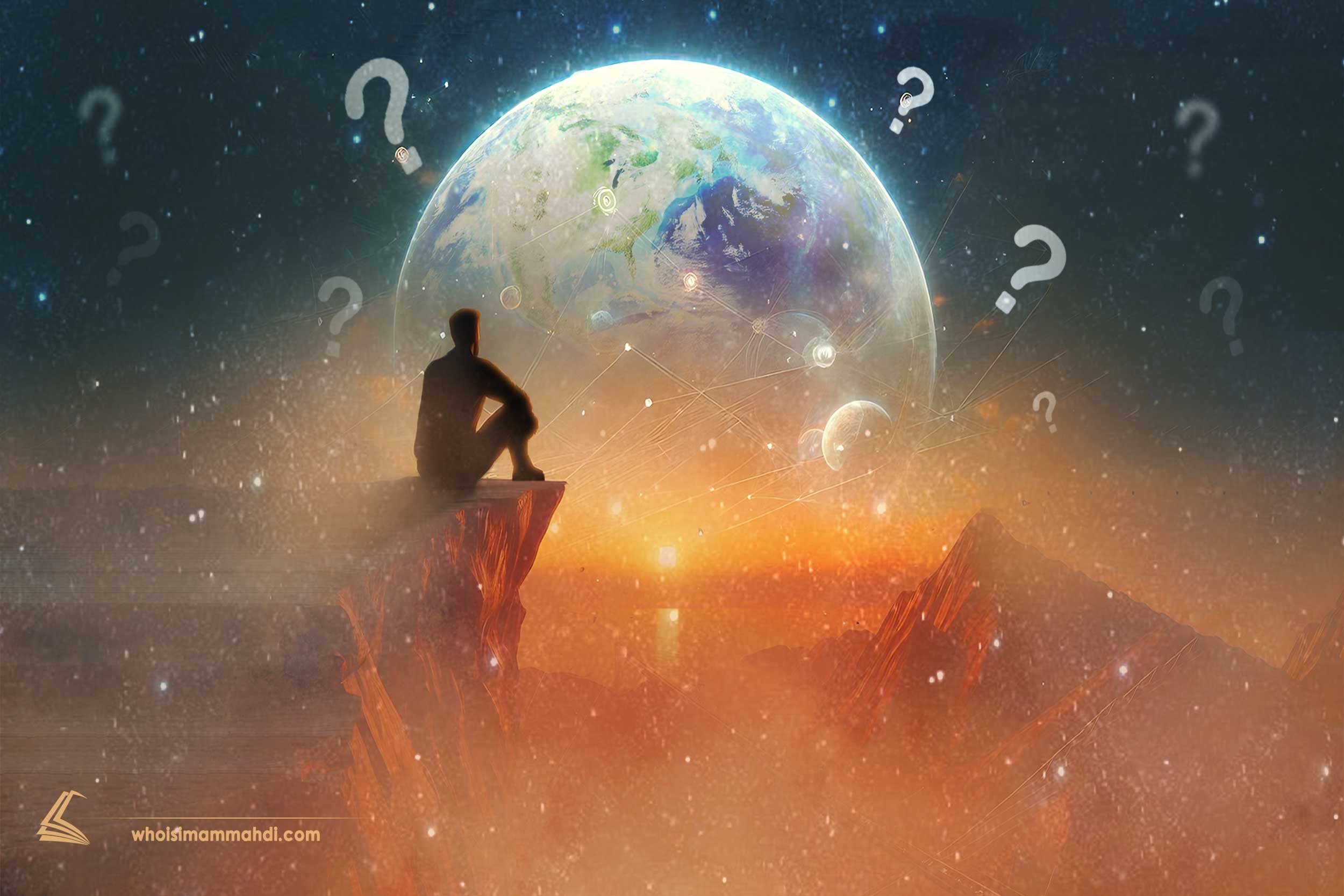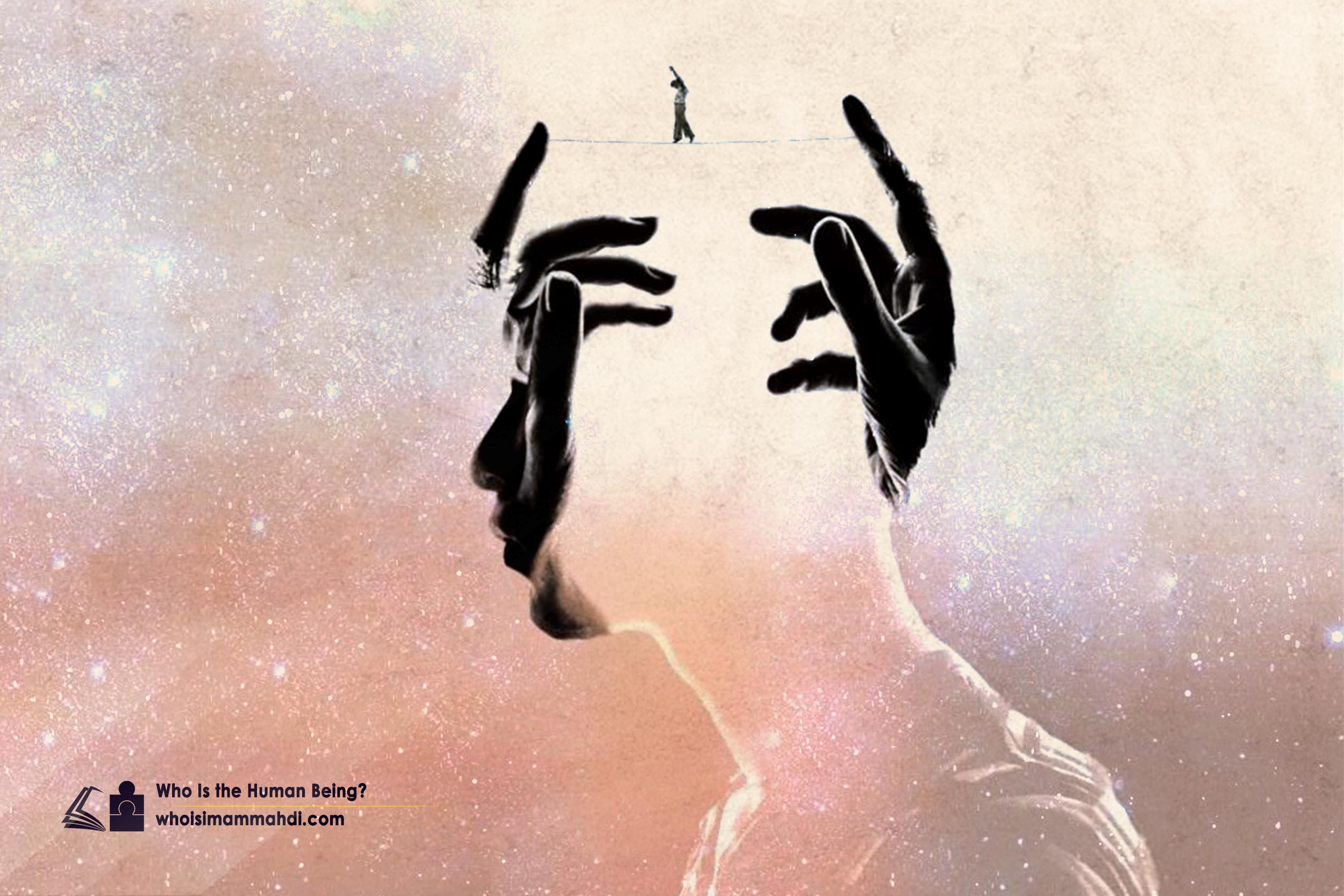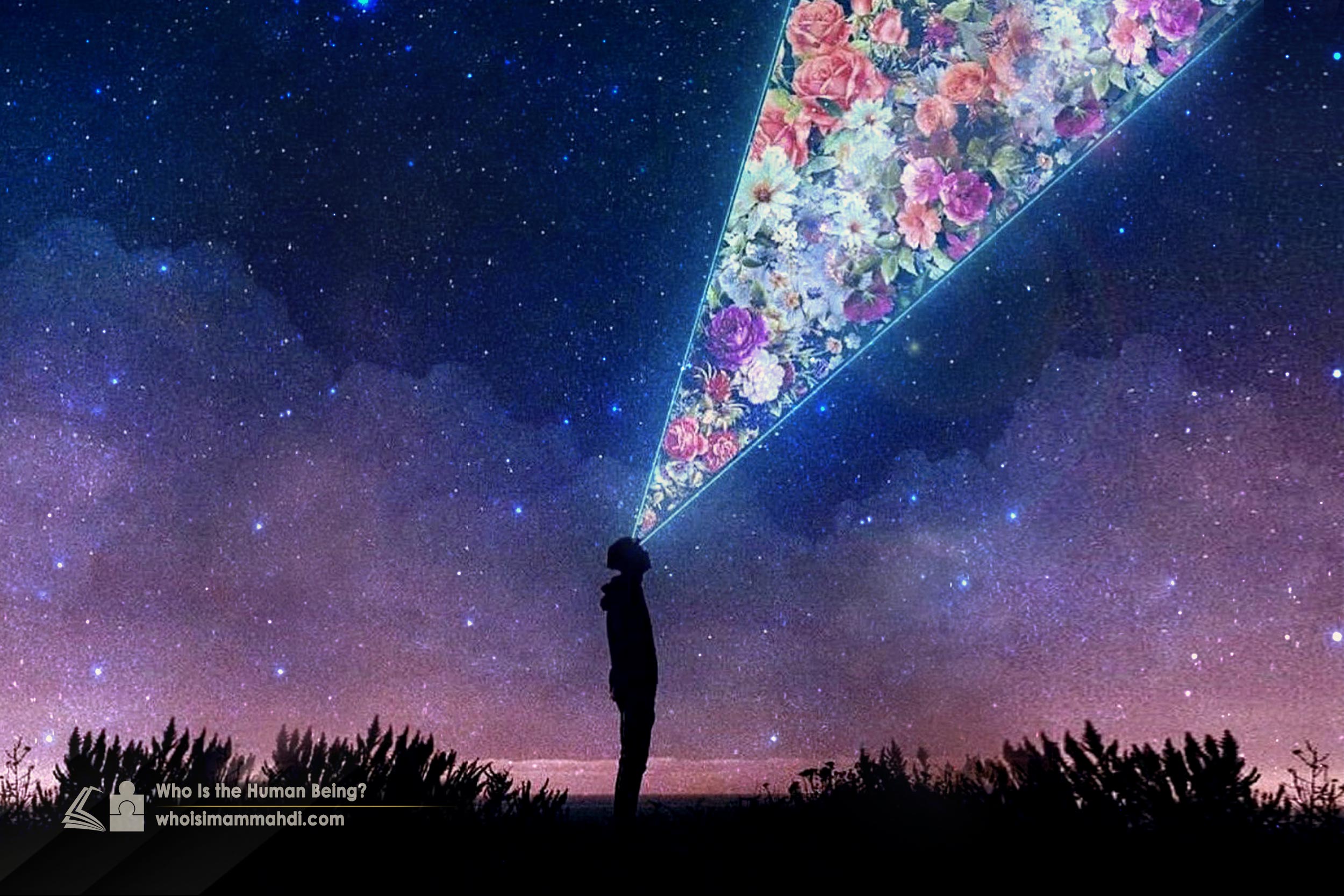The Criteria for Bliss in Society and the Symbol of a Blissful Society
What are the main criteria for bliss? When can we say that a society or an individual has achieved true bliss and success? Is there a specific criterion or scale for measuring the level of people’s bliss in a society?
Achieving true bliss is the ultimate goal of human beings in life, and at the same time, it is also what they miss the most. From the moment we wake up each morning to the time we go to bed, we strive for bliss, and we endure all the hardships to give ourselves, our families, and society the gift of contentment. However, by observing our life, we understand that the more we pursue this goal, the less we achieve it. This has led us to make up some fake criteria for bliss and occupy ourselves with them to get rid of that unpleasant feeling and compensate for the failure we feel within ourselves. The truth is that many of us still do not know the criteria for bliss and do not have a proper definition of them. This is because we still do not truly know the human being. In fact, we talk about the criteria for the bliss of a being whom we do not know yet.
The root cause of most problems in human societies stems from a lack of knowledge about the human being. As we mentioned in previous articles, the human being is the center of creation, and God has organized all the structures of the realm of existence according to the existential structure of the human being. Therefore, when the human being pursues knowledge in different fields without knowing himself, he constantly takes the wrong path and moves away from the criteria for bliss since he cannot understand the connection between these fields of knowledge and the purpose of his creation and his existential structure. This has resulted in the crises that modern human societies face today.
Throughout history, humans have never advanced in different fields of knowledge as much as today. Yet they are involved in social, familial, and personal problems such as murder, rape, divorce, depression, suicide, madness, economic problems, hunger, etc., at no time before. These problems show that advancement in knowledge without recognizing the essential needs of human beings and the destination of their journey can give them comfort but can never bring them inner peace. This is while inner peace is one of the most significant criteria for bliss, which shows personal and social growth, and it is one of the main criteria for a balance civilization and Islamic civilization. It is a civilization which is founded on the true and divine ‘self’ of the human being, and it is completely different from Western civilization which is entirely built upon the animal self.
What Is a Blissful Society?
Many countries of the world, which prioritize people’s bliss both in this world and in the hereafter, allocate large budgets to cultural and educational issues. However, most of these efforts do not produce the desired results. This is because those in charge do not know based on which criteria they should measure their cultural output. In other words, many cultural organizations and institutions that strive for social bliss do not properly know the criteria for bliss. They have no idea what exactly the outcome of their efforts should be to ensure their effectiveness. This lack of understanding is also the root of many cultural dysfunctions. We do not know the human being yet we plan for his bliss! Therefore, it is likely that our efforts to bring individuals bliss and give them life satisfaction may not be as fruitful as they should be, leading to a great waste of the budget and time we have spent. Now, let us explore what the main criteria for bliss are, and when we can be completely sure of our own bliss as well as that of the people around us and the society in which we live, both in this world and in the hereafter.
The criteria for bliss are defined based on the main dimension of our existence, i.e., our human dimension; our True Beloved, i.e., Allah; and the purpose of our creation, i.e., similarity to Allah. Therefore, the first of the criteria for bliss, which also signifies our personality growth, is to acquire beneficence. Beneficence means showing general kindness towards all beings, from humans to animals, plants, and even inanimate objects. The name Most Beneficent is one of the most important divine names to the extent that God mentions it alongside Allah in the Quran and states “Call upon Him as Allah or call upon Him as al-Rahman; call Him by whichever name you will….”[1] Acquiring the name beneficent is a prerequisite for acquiring other divine names, and if a person does not acquire it, there is less possibility of acquiring other divine names. A person who is beneficent will also be compassionate, generous, and forbearing. He will also cover other people’s flaws. One who is beneficent shows the most kindness and humility towards the world around him. Such a person respects even stones and inanimate objects, let alone human beings.
The second and third criteria for bliss are “inner peace” and “happiness.” Inner peace and happiness are the direct results of connection with our True Beloved, i.e., God. It is impossible for someone to have a continuous and deep connection with God and still feel fear, anxiety, and sadness. Feeling sad is not a natural emotion and is a sign of a spiritual disease. The level of pressure we experience in the grave is influenced by factors such as feeling sadness for worldly matters, holding grudges, jealousy, and competition with others. The Prophet (PBUH) warned about the consequences of grieving over worthless worldly matters: “Whoever cries over the world enters the Fire.”[2]
Considering these points, if we can teach people to be kind, happy, and calm, it means that our educational and cultural activities have been effective. Then we can hope to build a society with these characteristics, a balanced society founded upon the principles of the new Islamic civilization. The more developed and fast-paced a society becomes, the more terrifying and repulsive it can be if it lacks kindness, happiness, and inner peace.
The Arbaeen Walk, the Symbol of a Balanced Society and a Model of the New Islamic Civilization
The Arbaeen Walk is an example of a developed and balanced society in the current era, where all the criteria for bliss have been met, and it serves as a small model of the mew Islamic civilization. The Arbaeen Walk has created the happiest, kindest, and the most peaceful atmosphere for people worldwide, so much that even non-Muslims such as Jews, Christians, Hindus, Buddhists, Sikhs, and even irreligious individuals who do not know Imam Hussain (PBUH) take part in it. This unity and solidarity created among individuals of different races, nationalities, and beliefs around the leadership of one of the Shia Imams cannot be interpreted or justified by any worldly rules. This unprecedented event can only be interpreted through one principle: self-knowledge.
The Infallible Imams (PBUT) are the origin, root, and heavenly family of all human beings on earth in all eras and centuries. The origin of this relationship goes back to the beginning of creation. In the beginning of the creation of the universe and as His first manifestation, God created the light of the Fourteen Infallibles (PBUT), and then He created other human beings out of their light. For this reason, when all humans, regardless of any race or nationality, face the light of these Infallibles, they feel a sense of attachment, love, and existential relationship with these Infallibles in their hearts. This is exactly what happens during the Arbaeen Walk. People who attend the large gathering of Arbaeen see their own perfect self in Imam Hussain (PBUH), who is the manifestation of all the perfections that potentially exist within all humans. Therefore, fitrah-oriented individuals of all faiths who have a sound heart cannot hide their overflowing love for Imam Hussain (PBUH) or dislike this complete manifestation of divine perfections. If this unconscious love in individuals turns into conscious love and is accompanied by ma’rifa, everyone will try to be like Imam Hussain (PBUH) and accompany him in this world and the hereafter. The new Islamic civilization is essentially based on the notion of individuals embodying the perfections and attributes of the perfect human being to the utmost degree.
[1]. Quran, 17:110
[2]. Al-Rawandi. Al-Nawadir, vol. 1.



